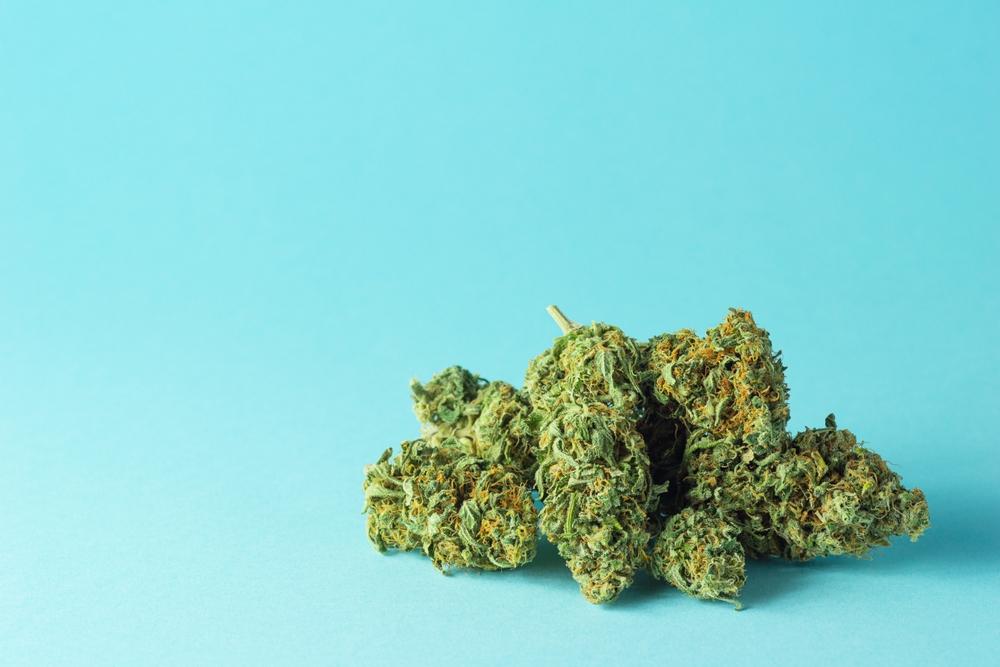
When to worry about night sweats
Peer reviewed by Dr Krishna Vakharia, MRCGPLast updated by Victoria RawLast updated 13 Jan 2025
Meets Patient’s editorial guidelines
- DownloadDownload
- Share
- Language
- Discussion
If you have have woken up in the middle of the night to find your clothes and sheets soaked with sweat - we look at what can cause these night sweats and what to do if you have them.
In this article:
Video picks for Other signs and symptoms
What are night sweats?
Getting hot and sweaty in the night because your bedroom is too warm or duvet is too thick is normal. Night sweats are when you sweat so much that your night clothes and bedding are soaking wet, even though where you're sleeping is a comfortable temperature.
Night sweats are not related to your sleeping environment and they happen independently of outside temperature. It's important to check whether your night sweats could be a problem, or if you just need to change your sleeping conditions.
What causes night sweats?
Back to contentsNight sweats have many different causes - some of the most common are:
The menopause.
Medicine you may be taking.
Low blood sugar.
Infections.
Alcohol or drug misuse.
Very rarely night sweats can be a sign of a more serious underlying medical condition, including some cancers.
Night sweats and menopause - for women over 40, night sweats are often caused by hormonal changes from the menopause and perimenopause. Around 85% of women have hot flushes at the beginning and during menopause.
Anxiety and night sweats - anxiety can lead to night sweats when your body reacts to stress - such as when you're scared from a bad dream.
Blood sugar and night sweats - low blood sugar can make the body produce too much adrenaline, which in turn can lead to night sweats. This is a common problem in those with diabetes, and can also happen if you've drunk too much alcohol before bed.
Medicine and night sweats - certain medicines can cause night sweats. Some medicines such as SSRIs, those for diabetes, or hormone treatment, list sweating as a potential side effect.
Continue reading below
What infections cause night sweats?
Back to contentsSome infections can cause night sweats - including tuberculosis and HIV. However, sweating is just one symptom of these conditions and on its own does not signify anything specific.
You may get sweats from fever associated with colds and flu. If you are unwell, seek advice from a doctor.
Hyperhidrosis
Back to contentsHyperhidrosis is the clinical word for excessive sweating - during the night or day. This can be a condition in its own right, and doesn't have to be a symptom of something else.
You should speak to your doctor if your sweating is affecting you life or health.
Continue reading below
When to see a doctor about night sweats
Back to contentsThere are several possible causes of night sweats - and no easy way of differentiating one type of sweating from another. However, doctors will want to rule out more serious causes such as cancer first if this is indicated from the consultation, and then move on to less serious conditions.
To see what is causing your night sweats, your doctor will look at your medical history, and may examine you to see if there is an underlying medical condition. Depending on their findings, they may do further tests such as blood tests or X-rays.
See your doctor if you have night sweats and one or more of these symptoms:
A very high temperature (fever).
A cough.
Diarrhoea.
A pain in a specific area - or bone pain.
Any lumps or bumps anywhere.
Weight loss.
While occasional night sweats are usually nothing to worry about, you should see your doctor if they do not go away, especially if they are every night.
Night sweats and HIV
If you have been diagnosed with lymphoma or HIV, night sweats with unexplained weight loss may be a warning sign that your condition is getting worse.
Menopause
If your night sweats are due to the menopause, you should speak to your doctor about your hormone replacement therapy (HRT) - and, if you are not taking HRT, then look into whether this may help you.
If your doctor thinks your medicine could be causing your night sweats then they can look at prescribing something different.
How to prevent night sweats
Back to contentsMost of the time lifestyle changes will help treat your night sweats.
One of the most effective ways of stopping your night sweats is by making sure your sleeping environment is in the best state it can be, to help you get a good night's sleep.
Certain foods and drink may cause you to sweat at night or have an uncomfortable sleep.
Patient picks for Other signs and symptoms

Signs and symptoms
Living with tinnitus: symptoms and solutions
1 in 7 UK adults are affected by tinnitus, a condition where you hear ringing, buzzing, or other noises in your ears. Not only can this be irritating, it can affect many aspects of your daily life such as sleep, concentration, and even your mental health.
by Amberley Davis

Signs and symptoms
What is scromiting? The cannabis side effect few people know about
Meet scromiting: a mix of screaming and vomiting that can hit long-term cannabis users. It's intense, confusing, and on the rise, but knowing why it happens can help you avoid the worst of it.
by Heather Ainsworth
Continue reading below
Article history
The information on this page is peer reviewed by qualified clinicians.
Next review due: 14 Jan 2028
13 Jan 2025 | Latest version
15 Apr 2019 | Originally published
Authored by:
Abi Millar

Ask, share, connect.
Browse discussions, ask questions, and share experiences across hundreds of health topics.

Feeling unwell?
Assess your symptoms online for free
Sign up to the Patient newsletter
Your weekly dose of clear, trustworthy health advice - written to help you feel informed, confident and in control.
By subscribing you accept our Privacy Policy. You can unsubscribe at any time. We never sell your data.